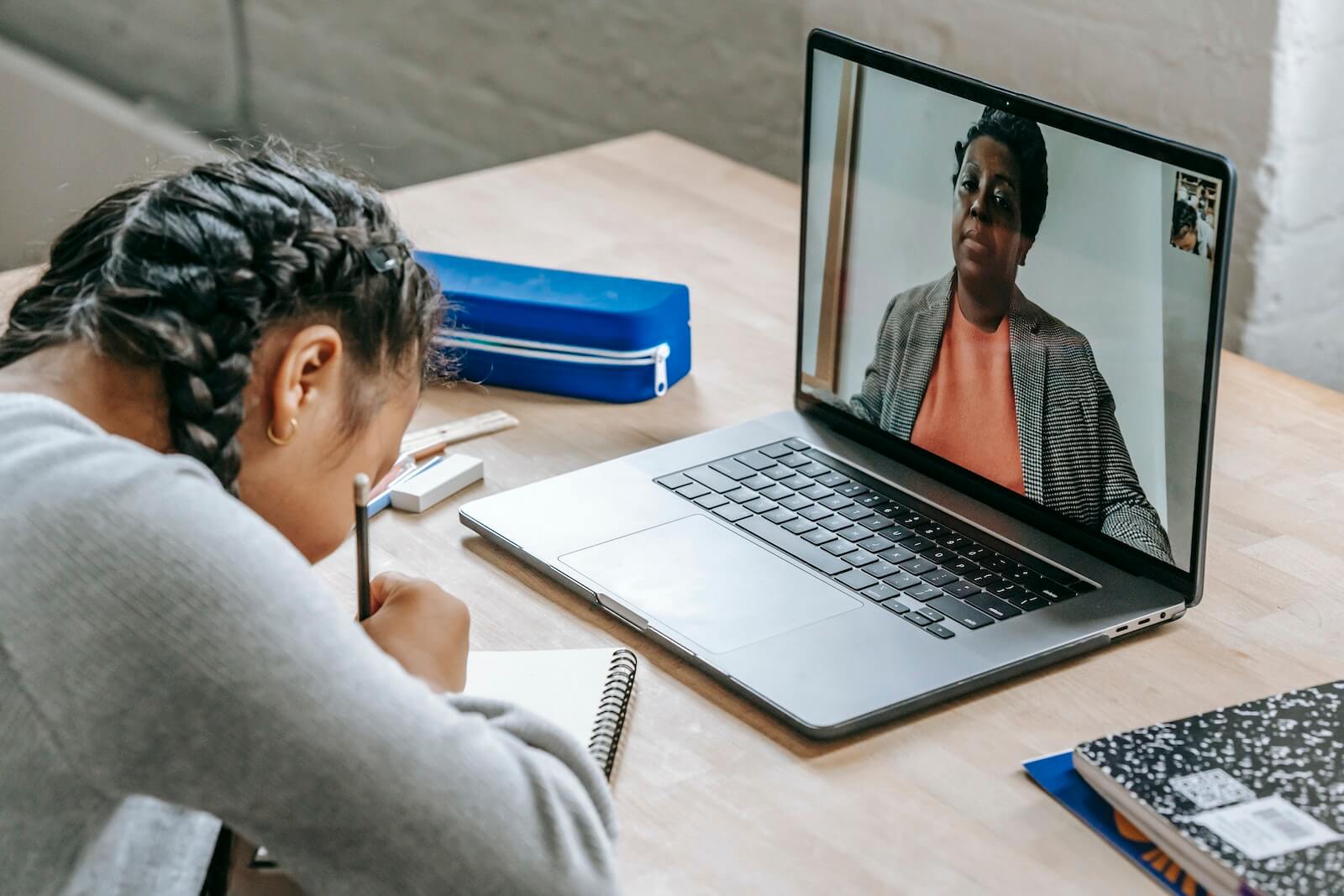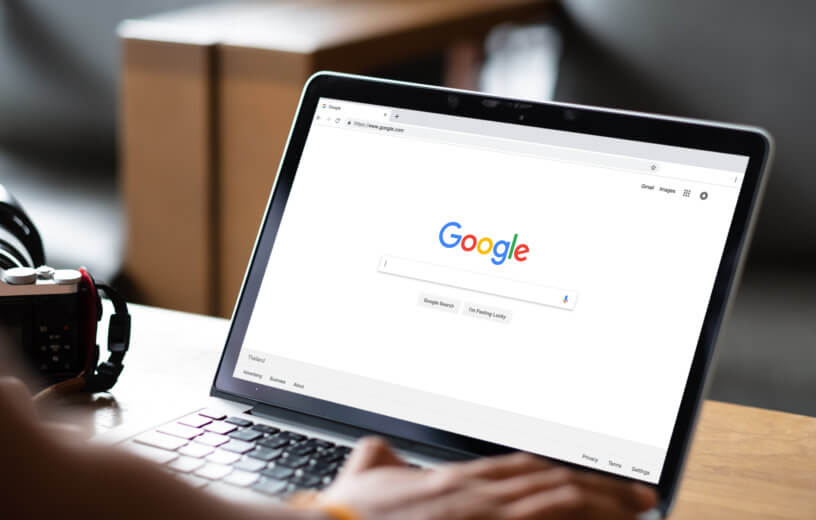BIRMINGHAM, United Kingdom — Food, shelter, water — and Wi-Fi? It may sound silly at first to place internet access on the same level of importance as basic human necessities, but a researcher from the University of Birmingham is saying just that. His study argues that people all over the world are increasingly dependent on the Internet for, well, pretty much everything: education, healthcare, work, and housing just to name a few. Consequently, he contends that online access should be a basic human right.
The study author adds this is especially true in developing countries, where access to the Internet is essentially the only viable way for people to receive an education, stay healthy, find a home, and secure employment. Even those who do have access to offline opportunities, such as accessing social security schemes or finding housing, are still at a comparative disadvantage to those with internet access.
All in all, Dr. Merten Reglitz, Lecturer in Global Ethics at the University of Birmingham, is calling for a standalone human right to internet access, on the basis that the Internet is a practical necessity for a range of socio-economic human rights. More specifically, Dr. Reglitz suggests public authorities begin providing internet access free of charge for those unable to afford it, implement training in basic digital skills for all citizens, and protect online access from arbitrary interference by states and private companies.
“The internet has unique and fundamental value for the realization of many of our socio-economic human rights – allowing users to submit job applications, send medical information to healthcare professionals, manage their finances and business, make social security claims, and submit educational assessments,” the study author says in a media release.
“The internet’s structure enables a mutual exchange of information that has the potential to contribute to the progress of humankind as a whole – potential that should be protected and deployed by declaring access to the Internet a human right.”
The study details five key areas in developed countries where internet access has become absolutely essential to exercising socio-economic human rights:
- Education – Students in internet-free households face disadvantages in school with essential learning aids and study materials online.
- Health – Providing in-person healthcare to remote communities can be challenging, particularly in the U.S. and Canada. Online healthcare can help to plug this gap.
- Housing – In many developed countries, significant aspects of the rental housing market have migrated online.
- Social Security – Using these public services nowadays is often unreasonably difficult without internet access.
- Work – Many jobs exclusively advertise online. Thus, people must be able to access relevant websites to make effective use of their right to work.

Dr. Reglitz’s research also showcases similar problems encountered by people without internet access in developing countries. For instance, 20 percent of kids between ages six through 11 are out of school in sub-Saharan Africa. Many of these children deal with long walks to their schools, where class sizes are usually very large and housed in crumbling, unsanitary schools without enough teachers.
Online education tools, on the other hand, can make a major difference by allowing kids living remotely from schools to complete their education. More students can learn more in a faster fashion if teaching materials are available digitally and pupils do not have to share books.
In developing nations, access to the internet also makes a big difference when it comes to healthcare. Digital health tools can help diagnose illnesses. For instance, in Kenya, a smartphone-based Portable Eye Examination Kit (Peek) has already been used to test people’s eyesight and identify those in need of treatment, especially in remote areas without many medical practitioners.
Meanwhile, there is a notable lack of brick-and-mortar banks in developing countries; internet access promotes possible financial inclusion. Small businesses can also raise mre money through online crowdfunding platforms. The World Bank expects such sums raised in Africa alone to rise from $32 million in 2015 to as much as $2.5 billion by 2025.
The study is published in the journal Politics Philosophy & Economics.

